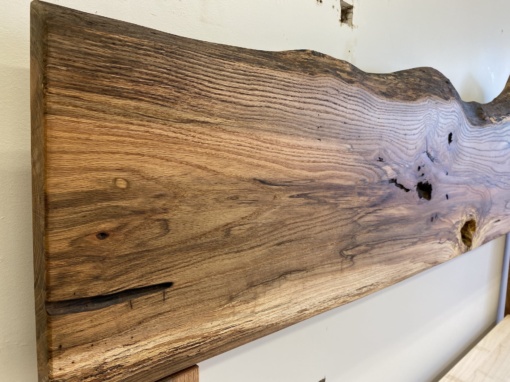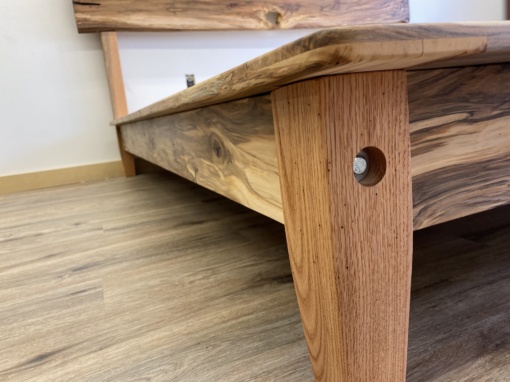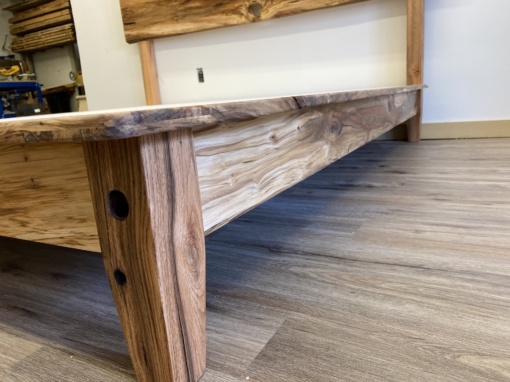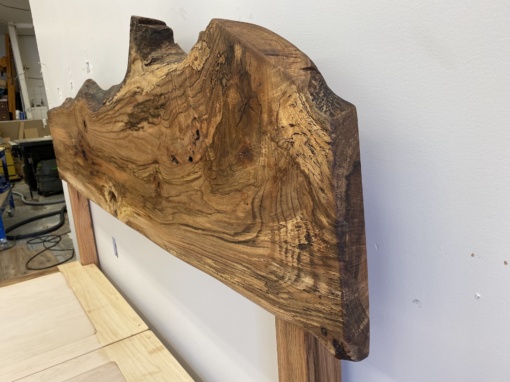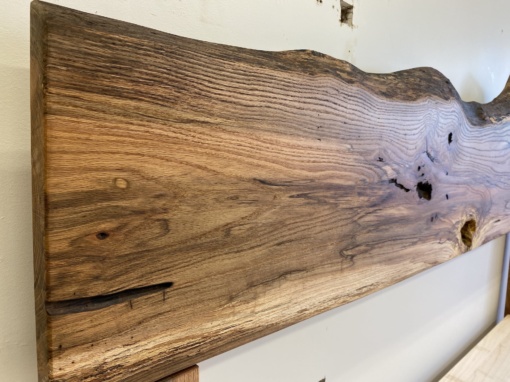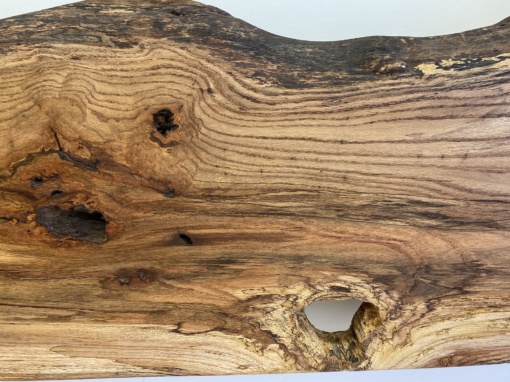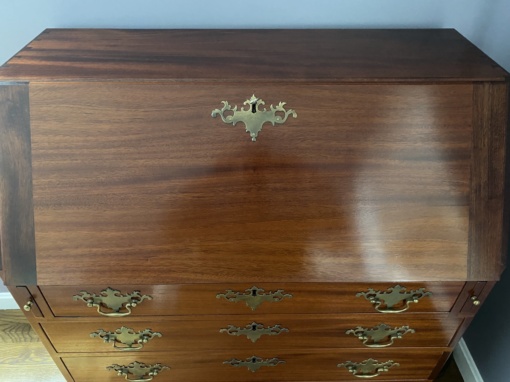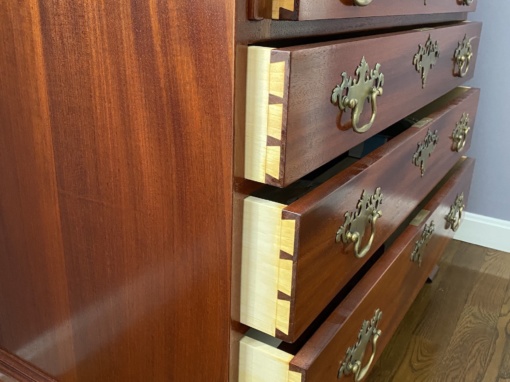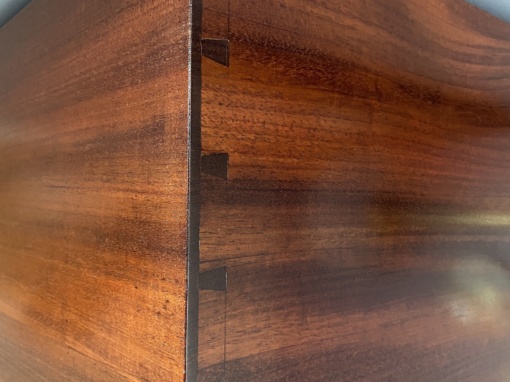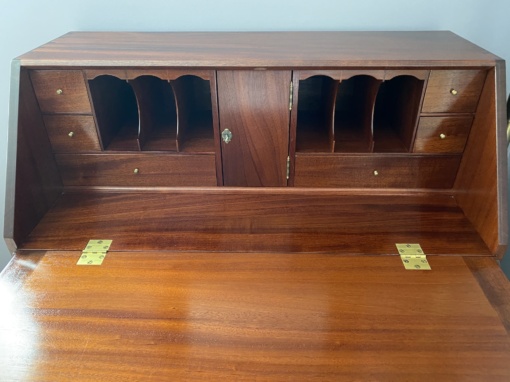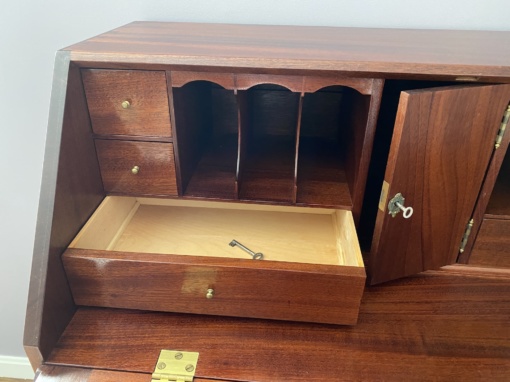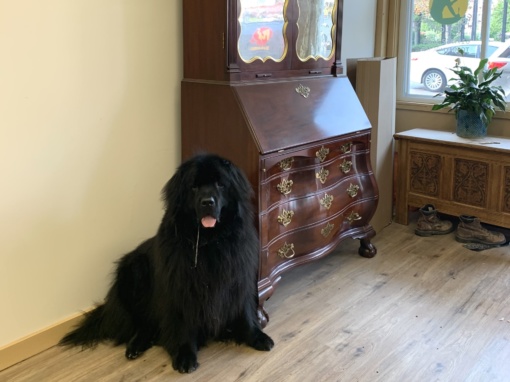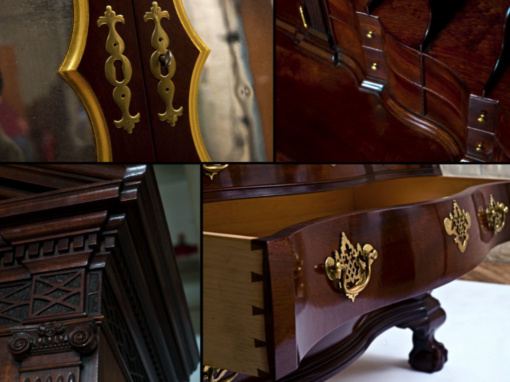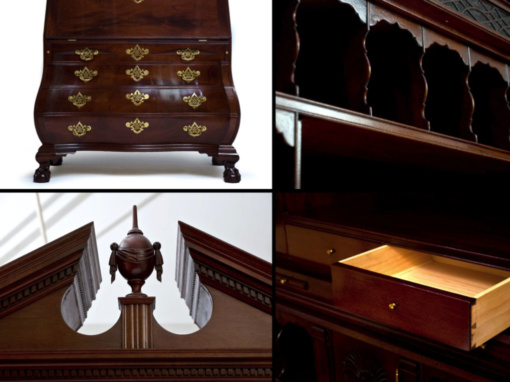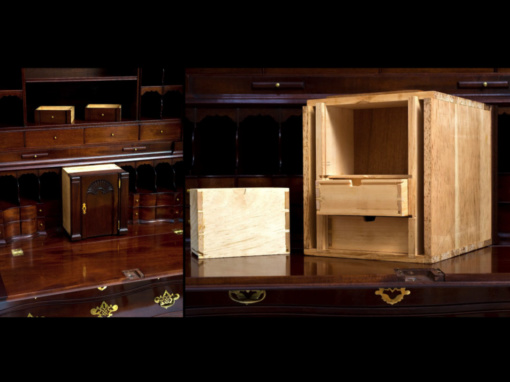Whether you are shoring up a shore house for the winter, battening down the hatches at your summer cabin, or simply planning to leave your home for an extended period this winter, there are a few must-do steps to take that will help ensure your spring or summer return is not met with disaster.
Plumbing System
The single most important chore is to prepare your plumbing system for freezing conditions by thoroughly draining all pipes and tanks. First, locate and turn off the main water valve, usually located at the water meter. If you are unsure where the valve is, simply call your plumber or do a little internet research to find it. Next, working from the top floor down, open all sink faucets. When in the basement, open laundry tub faucet (where all upper faucets eventually drain) and empty hot water tank. Return to upper floors, open all tub and shower faucets and flush toilets. After just a few minutes, all pipes and drains should be fully cleared and ready for the winter freeze. An added measure for homes in climates with extended freezing periods, pouring a little antifreeze into the drains is a good idea. Some homeowners choose to be extra cautious and blow air through the plumbing systems with an air compressor, but this can be a somewhat involved process. Calling a professional for this task is usually the best way to go, and generally only costs a couple hundred dollars if the system is drained beforehand. Don’t forget to shut off the valve for outdoor plumbing (if it is separate) and drain outdoor hoses.
Heating and Power
Even if you plan to visit the home periodically, it is best to disconnect any propane tanks and all natural gas in the home (must be done by the utility company). It is always a good idea to leave the electricity on with light timers and motion detectors, as this discourages potential burglars, but if you must turn off the electricity, be sure that battery operated smoke detectors are functioning properly.
Other Indoor Considerations
To avoid critters setting up shop, be sure to close and seal (with plastic and/or duct tape) all fireplace dampers, dryer vents and, of course, any pet doors. Stuffing spaces around plumbing pipes (especially under sinks) with steel wool is a great way to keep out rodents and scattering mothballs throughout helps to deter a variety of pests. Finally, unplugging and thoroughly cleaning the refrigerator (and leaving the doors open) will avoid molds and mildew from growing.
Outdoor Considerations
Locate and remove any overhanging branches to avoid potential roof damage and clean gutters/downspouts thoroughly. Removing fallen leaves from under or near the home and storing firewood a safe distance away helps to keep mildew, termites and other pests from getting too comfortable. Scheduling regular plowing or snowblowing is always a good idea, as it sends the message that the home is not vacant for an extended period. It also helps to avoid potential liability if there are shared sidewalks or if the home is being shown by realtors.
If money is no object and security is a looming concern, you can consider outfitting your home with smart technology. Remote surveillance and control can help ease your mind and also be very convenient if you’re not doing a full-on shut down. You can raise the heat before a visit and operate lights and a security system from wherever you are. Whatever your plans, following the simple steps listed above will avoid a whole host of potentially costly problems and allow you to relax over the winter months.
Credit: Diana Cammarota


